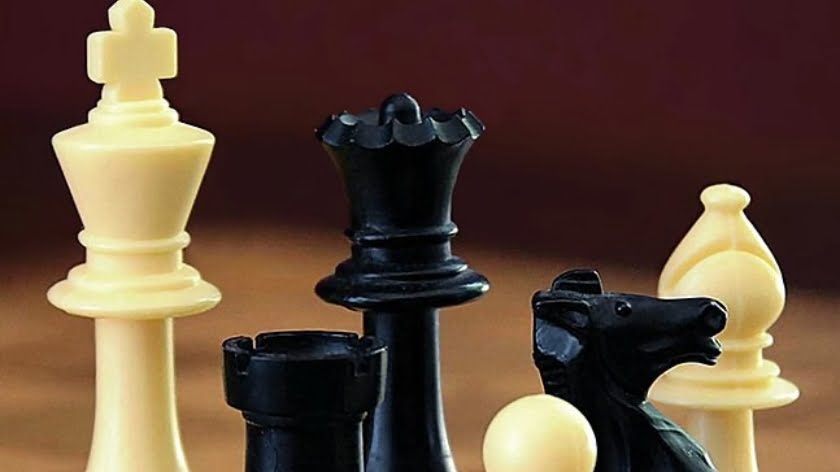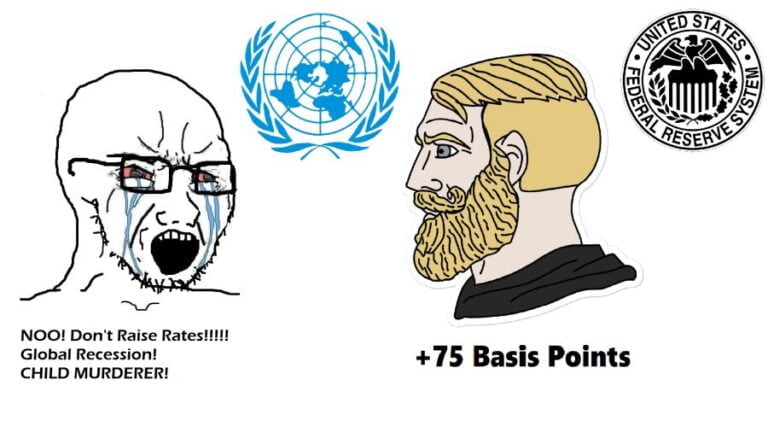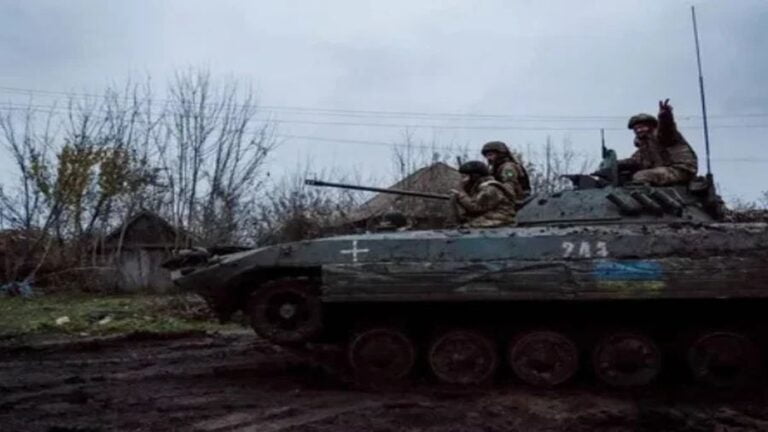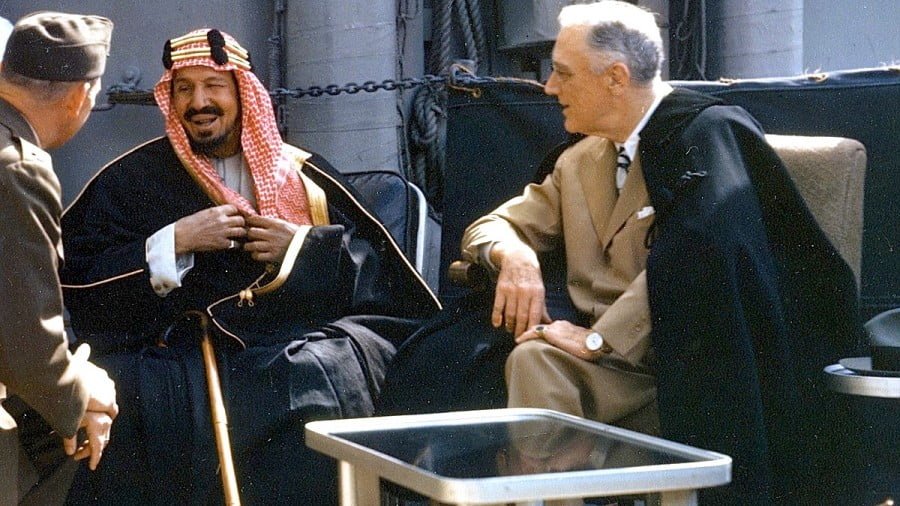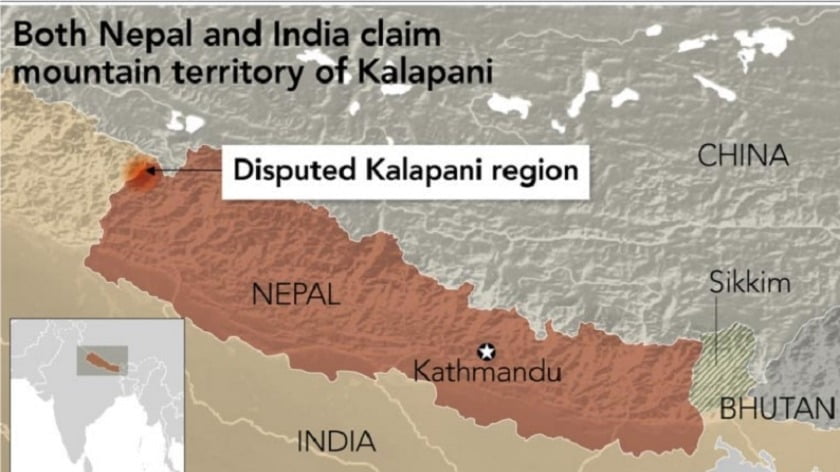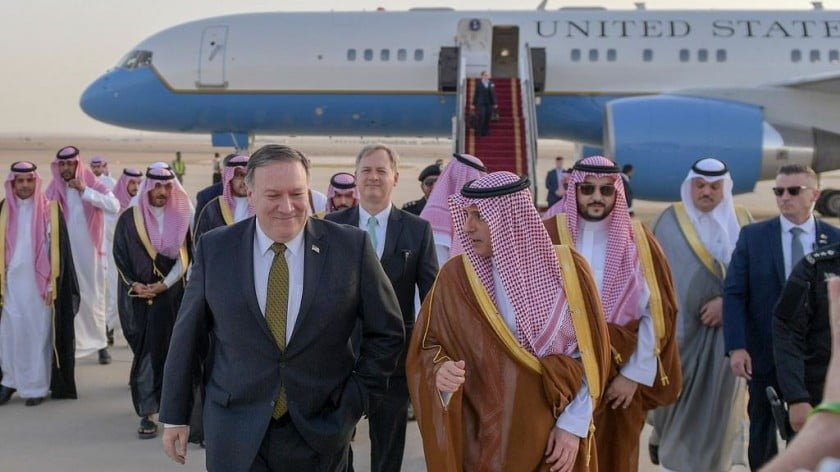Pakistan is Playing Strategic Chess by Turning the Foreign Masood Azhar Narrative on its Head
Indian media and multiple Indian state organs have consistently attempted to link the activities of Jaish-e-Muhmamad (JeM) leader Masood Azhar with the Pakistani state in spite of the fact that JeM has been banned in Pakistan since 2002. One of the points of contention that New Delhi had regarding the Masood Azhar issue was that while JeM was banned in Pakistan, Islamabad along with the United Nations had not proscribed Masood Azhar personally as a terrorist.
From an international perspective in an age of cross-border terror, the entire issue might seem like making a mountain out of a molehill. Due to Masood Azhar’s limited influence as a non-state actor, this is an objective reality. It is also an objective reality that both Pakistan and China previously refused to proscribe Masood Azhar because upon careful legal analysis, his activities did not rise to the level necessary to be classed as a terrorist in accordance with international law.
This however is about to change as Pakistan has consulted with its Chinese partner resulting in a subsequent decision to allow Masood Azhar’s proscription at the UN Security Council. The natural question under such a circumstance is: “what has changed”?
The answer is that in a material and logistical sense, nothing has changed because of this decision. Because of this, some Pakistanis will accuse Islamabad of undermining itself in the face foreign bullying while some in India will continue to use the fact that Masood Azhar is alive as a continued groundless “justification” for unilateral acts of aggression against Pakistan.
But for everyone else, the real motivation behind Pakistan’s move to facilitate Masood Azhar’s blacklisting by the UN is one of international perception management. It is crucial to realise that this move did not occur in a vacuum. Instead, it occurs days after DG ISPR Major General Asif Ghafoor addressed Pakistan and stated that terror groups are up against the wall in Pakistan and that no further terror of any sort will be tolerated. Specifically, the group PTM was named by the DG ISPR as an extremist group that receives funding and other forms of aid from India’s RAW.
The timing therefore of the revelation regarding PTM and the de facto agreement to allow the UN to proscribe Azhar is very crucial. By allowing the proscription of Azhar, Pakistan is sending a clear message to the wider world that it has nothing to hide and that it is willing to allow the proscription of even materially minor characters in exchange for the wider world listening to Pakistan’s loud and clear pronouncements and warnings against major subversive anti-Pakistan extremist and terror organisations from operating on Pakistani soil with foreign assistance. All that remains is for Pakistan to back up its internal words regarding anti-state groups with concrete actions, in spite of the protestations from certain notorious political parties.
This also comes after several major public relations/soft power victories for Pakistan which have compounded Pakistan’s material victory in the aftermath of the recent dogfight between Pakistani and Indian jets during which an Indian MiG-21 was downed by Pakistan whilst its pilot was safely rescued, looked after and rapidly release.
Making Pakistan’s material victory all the more encompassing was the fact that Pakistan showed video and photos of the downed Indian MiG-21 within hours of its downing whilst India failed to provide credible evidence of a Pakistan F-16 that India allegedly downed. Later, the United States confirmed that all Pakistani F-16s are safely accounted for in accordance with the standard practice of the US monitoring all American made fighters abroad.
India was therefore caught in a double lie. First, India claimed it had killed over 200 Pakistani “terrorists” when the video from the ground and observations by international journalists confirmed that only some trees and the odd wild animal were destroyed in the failed Indian “surgical strike”. Secondly, India’s F-16 story was exposed as a hoax by the US itself.
Throughout the subsequent months since the aerial dogfight in which the MiG-21 was downed, Pakistan continued to build a positive soft power reputation worldwide based around the fact that its authorities were calm and truthful about the military situation with India and likewise because it was clear that the captured Indian pilot was treated in full accordance with international law.
Now, as even Pakistan’s civilian leaders are becoming more bold in pointing to New Delhi’s hand behind the BLA and PTM, Pakistan has essentially called a major Indian bluff by allowing the UN to go through with the proscription of Masood Azhar.
In this sense, although from a narrow perspective the move seems like an unnecessary capitulation that changes nothing on the ground, in reality, Pakistan is playing geopolitical chess with an Indian government whose ruling BJP will no longer be able to use Masood Azhar as an election issue without appearing to clutch at straws. This is not least the case because the UN has not linked Masood Azhar to any acts of legitimate resistance to the Indian occupation of Kashmir.
All that remains to be done is for Pakistan to now force the issue of the Indian backing of extremism on Pakistani soil at an international level.
By Adam Garrie
Source: Eurasia Future

